
What supplements have an evidence basis to effect mental health?
When it comes to optimizing our mental health and cognitive function, we often focus on lifestyle factors like exercise, sleep, and stress management. While these are undoubtedly important, we may overlook another crucial piece of the puzzle: nutrition. The food we eat provides the building blocks for our brains and bodies to function at their best. And when it comes to packing in a wide array of brain-boosting nutrients, few supplements can match the comprehensive formula of Hardy Daily Essentials Nutrients.
In this article, we’ll take a deep dive into the specific vitamins found in Hardy Daily Essentials Nutrients and explore how they work to support mental wellness, emotional resilience, and cognitive performance. We’ll look at the latest research on each vitamin’s role in brain health, as well as the unique features that make Hardy’s formula stand out in terms of bioavailability and efficacy. By the end, you’ll have a clearer understanding of how these essential micronutrients can help you feel and function at your best, from the inside out.
Chelation and Bioavailability
Before we dive into the individual vitamins, it’s worth highlighting what sets Hardy Daily Essentials Nutrients apart from many other supplements on the market. One key factor is the way the nutrients are prepared and delivered to ensure optimal absorption and utilization by the body.
Many commercially available supplements use forms of vitamins and minerals that are not easily recognized or absorbed by the body. The nutrients may be bound to other compounds in a way that makes them difficult to break down and assimilate. In some cases, the binding is so tight that the nutrients simply pass through the digestive tract without ever being absorbed. In other cases, the binding is so loose that the nutrients degrade quickly, either in the bottle or in the harsh environment of the stomach.
Hardy Daily Essentials Ingredients
Nutrients, on the other hand, uses a proprietary chelation process that wraps the nutrients in organic compounds, protecting them from degradation and enhancing their bioavailability. This process keeps the nutrients stable for an impressive 72 hours (compared to the industry standard of just 30 minutes). That means that by the time the nutrients reach your small intestine, where most absorption takes place, they are still intact and ready to be assimilated.
This enhanced bioavailability is crucial when it comes to supporting brain health. After all, even the most potent nutrients won’t do much good if they never make it into your bloodstream and up to your brain. With Hardy’s advanced chelation technology, you can feel confident that you’re getting the most out of every dose.
Now, let’s take a closer look at the specific vitamins in Hardy Daily Essentials Nutrients and how they support mental wellness.
Vitamin A (as retinyl palmitate)
Vitamin A is a fat-soluble vitamin best known for its role in supporting vision and immune function. But this versatile nutrient also plays a key role in brain development and function. Retinol, the active form of vitamin A, is involved in the regulation of neural stem cells, which give rise to the various types of cells in the brain and nervous system (1). Adequate vitamin A is crucial for the proper development and differentiation of these cells.
Vitamin A is also involved in the synthesis of neurotransmitters, the chemical messengers that allow brain cells to communicate with each other. In particular, it is required for the production of serotonin, a neurotransmitter that regulates mood, sleep, appetite, and other important functions (2). Low levels of serotonin have been linked to depression, anxiety, and other mental health concerns.
Some studies have found that people with depression tend to have lower levels of vitamin A compared to those without depression (3). While more research is needed to fully understand the relationship between vitamin A and mental health, ensuring adequate intake of this important nutrient may help support healthy brain function and emotional regulation.
Vitamin C (as ascorbic acid)
Vitamin C is a powerful antioxidant that helps protect cells throughout the body, including in the brain, from oxidative stress and damage. The brain is particularly susceptible to oxidative stress due to its high rate of metabolic activity and relatively low levels of endogenous antioxidants (4). Over time, unchecked oxidative stress can contribute to neurodegenerative conditions and cognitive decline.
In addition to its antioxidant properties, vitamin C is also involved in the synthesis of neurotransmitters like serotonin, dopamine, and norepinephrine (5). These neurotransmitters play crucial roles in regulating mood, motivation, attention, and stress response. Inadequate vitamin C intake has been linked to symptoms of depression and cognitive impairment (6).
Supplementing with vitamin C has been shown to have beneficial effects on mood and cognitive function. For example, one study found that high-dose vitamin C supplementation (1000 mg/day) significantly reduced anxiety and depression scores in a group of high school students (7). Another study found that vitamin C supplementation improved cognitive function and reduced oxidative stress markers in healthy adults (8).
Hardy Daily Essentials Nutrients provides 200 mg of vitamin C per serving, in the form of highly bioavailable ascorbic acid. This potent dose helps ensure that your brain has the raw materials it needs to produce neurotransmitters, combat oxidative stress, and function at its best.
Vitamin D (as cholecalciferol)
Vitamin D is a fat-soluble vitamin that is synthesized in the skin upon exposure to sunlight. It is best known for its role in supporting bone health by regulating calcium absorption and metabolism. However, vitamin D receptors are found throughout the body, including in the brain, suggesting that this nutrient has far-reaching effects on health and function.
Vitamin D deficiency is incredibly common, affecting an estimated 1 billion people worldwide (9). This is concerning from a mental health perspective, as low vitamin D levels have been consistently linked to an increased risk of depression, anxiety, and other mental health disorders (10). Some studies have even found that the severity of depression correlates with the degree of vitamin D deficiency (11).
There are several ways in which vitamin D may support brain function and mental wellness. For one, vitamin D is involved in the regulation of neuroinflammation, which has been implicated in the development of various neuropsychiatric disorders (12). Vitamin D also modulates the expression of genes involved in neurotransmitter synthesis and signaling, including those related to serotonin and dopamine (13).
Supplementing with vitamin D has been shown to improve symptoms of depression, especially in those with significant deficiency. For example, one meta-analysis of 61 studies found that vitamin D supplementation was associated with a significant reduction in depression scores compared to placebo (14). Another study found that high-dose vitamin D supplementation (50,000 IU per week) was effective in improving depression symptoms in patients with major depressive disorder (15).
Hardy Daily Essentials Nutrients provides 24 mcg (960 IU) of vitamin D per serving, in the highly bioavailable form of cholecalciferol. This dose is 120% of the recommended daily value, ensuring that you get enough of this crucial nutrient to support brain health and emotional wellness.
Vitamin E (as D-alpha tocopheryl succinate & mixed tocopherols)
Vitamin E is a fat-soluble antioxidant that helps protect cell membranes from oxidative damage. The brain is particularly rich in fatty acids that are vulnerable to oxidation, making adequate vitamin E intake crucial for maintaining brain health and function.
Vitamin E exists in eight different forms, each with its own unique properties and potencies. Hardy Daily Essentials Nutrients contains a blend of D-alpha tocopheryl succinate (a stable, bioavailable form of alpha-tocopherol) and mixed tocopherols (including beta-, gamma-, and delta-tocopherols). This comprehensive approach ensures that you’re getting the full spectrum of vitamin E’s protective benefits.
Low levels of vitamin E have been linked to cognitive decline and increased risk of Alzheimer’s disease (16). Some studies suggest that vitamin E supplementation may help slow the progression of cognitive decline in older adults with Alzheimer’s (17). Vitamin E may also have mood-regulating properties. One study found that low levels of alpha-tocopherol were associated with increased risk of depression in elderly individuals (18).
The vitamin E in Hardy Daily Essentials Nutrients is carefully formulated for optimal bioavailability and stability. The chelation process protects the delicate compounds from degradation, ensuring that they reach your cells intact and ready to provide their antioxidant and neuroprotective benefits. With 64.8 mg per serving (432% of the recommended daily value), you can feel confident that you’re giving your brain the vitamin E it needs to thrive.
Vitamin K (as phylloquinone & menaquinone-7)
Vitamin K is best known for its role in blood clotting and bone metabolism. However, emerging research suggests that this fat-soluble vitamin may also have important functions in the brain.
The two main forms of vitamin K are phylloquinone (vitamin K1) and menaquinones (vitamin K2). Hardy Daily Essentials Nutrients contains a balanced blend of both, with phylloquinone derived from plant sources and menaquinone-7 (MK-7) derived from natto (fermented soybeans). MK-7 is a highly bioavailable and stable form of vitamin K2 that has been shown to have unique benefits for brain health.
Vitamin K is involved in the synthesis of sphingolipids, a type of fat that is abundant in brain cell membranes (19). Sphingolipids play important roles in cell signaling, neurotransmission, and synaptic plasticity (the ability of brain cells to form new connections). Adequate vitamin K intake may help support healthy sphingolipid metabolism and maintain optimal brain function.
Some studies have also linked low vitamin K levels to increased risk of Alzheimer’s disease and cognitive decline (20). One potential mechanism is vitamin K’s role in regulating calcium metabolism. Excessive calcium buildup in the brain has been implicated in the development of Alzheimer’s, and vitamin K helps shuttle calcium out of soft tissues and into the bones where it belongs (21).
Vitamin K may also have anti-inflammatory and antioxidant properties that help protect brain cells from damage. One study found that MK-7 supplementation reduced markers of inflammation and oxidative stress in postmenopausal women (22).
With 40 mcg of vitamin K per serving (33% of the recommended daily value), Hardy Daily Essentials Nutrients provides a balanced blend of K1 and K2 to support optimal brain health and function.
B Vitamins (Thiamin, Riboflavin, Niacin, B6, Folate, B12, Biotin, Pantothenic Acid)
The B vitamins are a group of water-soluble nutrients that play crucial roles in energy metabolism, neurotransmitter synthesis, and overall brain function. Each B vitamin has its own unique properties and functions, but they all work together synergistically to support optimal mental wellness.
Thiamin (vitamin B1) is essential for the metabolism of glucose, the brain’s primary fuel source. Thiamin deficiency has been linked to cognitive impairment and increased risk of Alzheimer’s disease (23). Supplementing with thiamin has been shown to improve mood and cognitive function in older adults (24).
Riboflavin (vitamin B2) is involved in the metabolism of fatty acids and amino acids, both of which are important for brain health. Riboflavin deficiency has been linked to an increased risk of depression (25). Supplementing with riboflavin has been shown to improve symptoms of migraines, which are often comorbid with mood disorders (26).
Niacin (vitamin B3) is involved in the synthesis of neurotransmitters like serotonin and GABA, which regulate mood and stress response. Niacin deficiency has been linked to an increased risk of depression and cognitive decline (27). Supplementing with niacin has been shown to improve symptoms of depression and anxiety (28).
Vitamin B6 (as pyridoxine HCl & pyridoxal-5-phosphate) is essential for the synthesis of neurotransmitters like serotonin, dopamine, and GABA. Low levels of vitamin B6 have been linked to an increased risk of depression and cognitive impairment (29). Supplementing with vitamin B6 has been shown to improve mood and reduce symptoms of premenstrual syndrome (PMS) (30).
Folate (as calcium folinate & L-methylfolate calcium) is involved in the synthesis of DNA and neurotransmitters. Folate deficiency has been strongly linked to an increased risk of depression and cognitive decline (31). Supplementing with folate has been shown to improve symptoms of depression, especially in those with low baseline levels (32).
Vitamin B12 (as hydroxo-, adenosyl-, & methyl-cobalamin) is essential for the maintenance of myelin, the protective sheath around nerve fibers that facilitates efficient neurotransmission. B12 deficiency is common, especially in older adults, and has been linked to cognitive decline and dementia (33). Supplementing with B12 has been shown to improve cognitive function and slow the progression of brain atrophy in older adults (34).
Biotin and pantothenic acid are less well-studied in relation to mental health, but they still play important roles in brain function. Biotin is involved in the metabolism of fatty acids and amino acids, while pantothenic acid is essential for the synthesis of coenzyme A, a key compound in energy metabolism.
Hardy Daily Essentials Nutrients contains a comprehensive blend of all eight B vitamins, carefully formulated for optimal bioavailability and synergistic action. The chelation process ensures that these delicate water-soluble vitamins are protected from degradation and delivered to your cells in their most potent forms. With doses ranging from 200-12500% of the recommended daily values, you can feel confident that you’re getting therapeutic levels of these essential brain-boosting nutrients.
Choline (as bitartrate)
Choline is an essential nutrient that is often grouped with the B vitamins due to its similar functions. It is a precursor to acetylcholine, a neurotransmitter involved in memory, learning, and muscle control. Choline is also a key component of phospholipids, the main structural elements of cell membranes.
Adequate choline intake is crucial for optimal brain development and function. Choline deficiency has been linked to an increased risk of cognitive decline and Alzheimer’s disease (35). Supplementing with choline has been shown to improve cognitive function and memory in older adults (36).
Choline may also have mood-regulating properties. One study found that higher choline intake was associated with reduced risk of anxiety and depression in pregnant women (37). Another study found that choline supplementation improved symptoms of bipolar disorder (38).
Hardy Daily Essentials Nutrients provides 64 mg of choline per serving, in the bioavailable form of choline bitartrate. While this is only 12% of the recommended daily value, it is still a significant amount that can help support healthy brain function and emotional wellness.
Holistic Nutrition for Mental Health
The brain is a complex and highly metabolically active organ that requires a constant supply of nutrients to function at its best. The vitamins found in Hardy Daily Essentials Nutrients play crucial roles in supporting optimal brain health and mental wellness.
From the antioxidant and neuroprotective effects of vitamins A, C, and E, to the neurotransmitter-boosting powers of the B vitamins and choline, each component of this comprehensive formula works synergistically to promote a balanced and resilient brain.
What sets Hardy Daily Essentials Nutrients apart is the care and expertise that goes into the formulation and manufacturing process. The proprietary chelation technology ensures that these delicate compounds are protected from degradation and delivered to your cells in their most bioavailable forms. With stable nutrient complexes that last up to 72 hours (compared to the industry standard of just 30 minutes), you can trust that you’re getting the most out of every dose.
While no single nutrient or supplement is a magic bullet for mental health, providing your brain with the full spectrum of essential vitamins and minerals is a key piece of the puzzle. Combined with other healthy lifestyle practices like regular exercise, adequate sleep, stress management, and social connection, Hardy Daily Essentials Nutrients can help you build a strong foundation for lifelong brain health and emotional wellness.
So if you’re looking for a comprehensive, high-quality multivitamin to support your mental well-being, look no further than Hardy Daily Essentials Nutrients. Your brain will thank you!
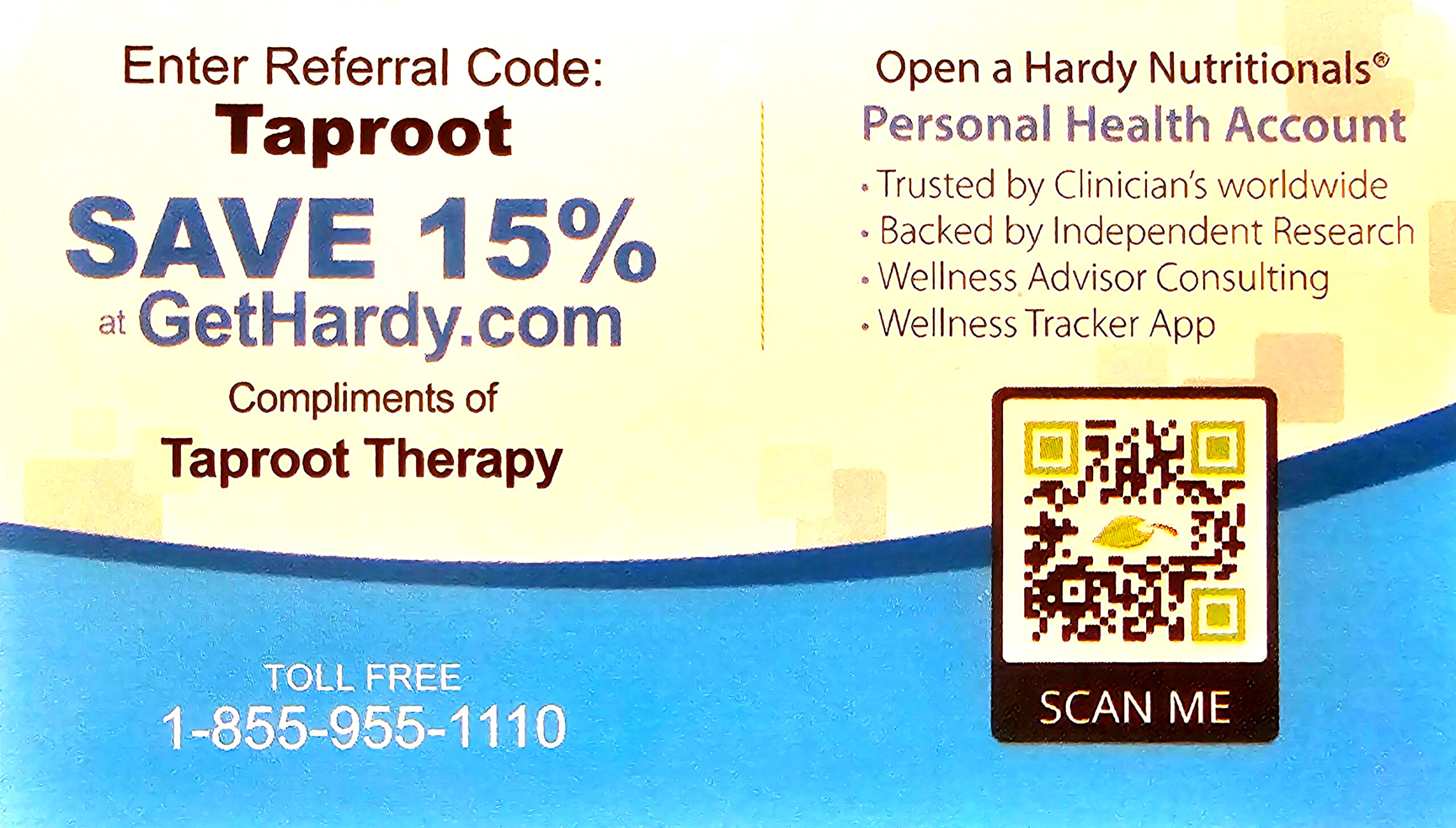

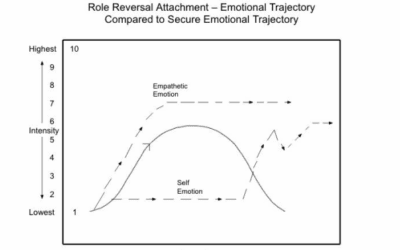








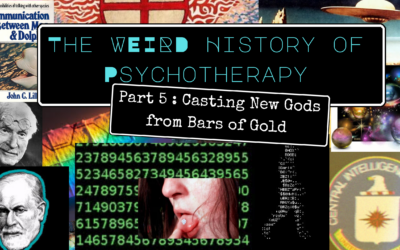
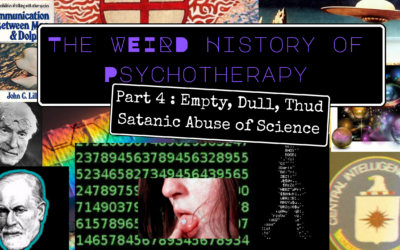
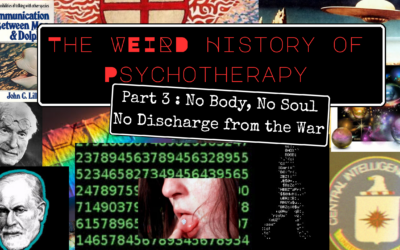
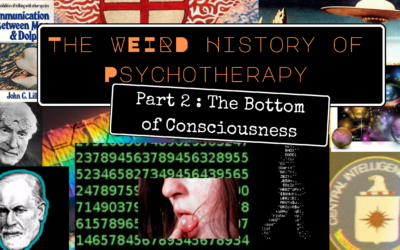



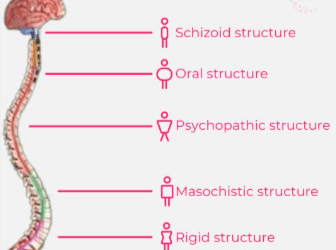







0 Comments